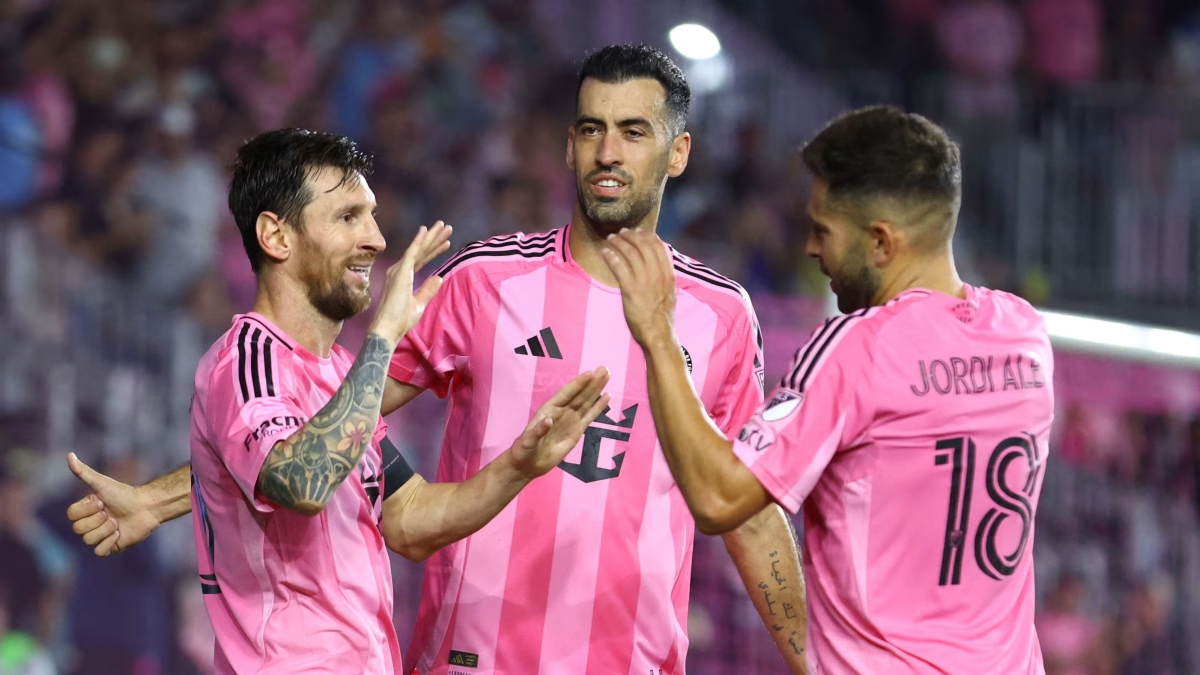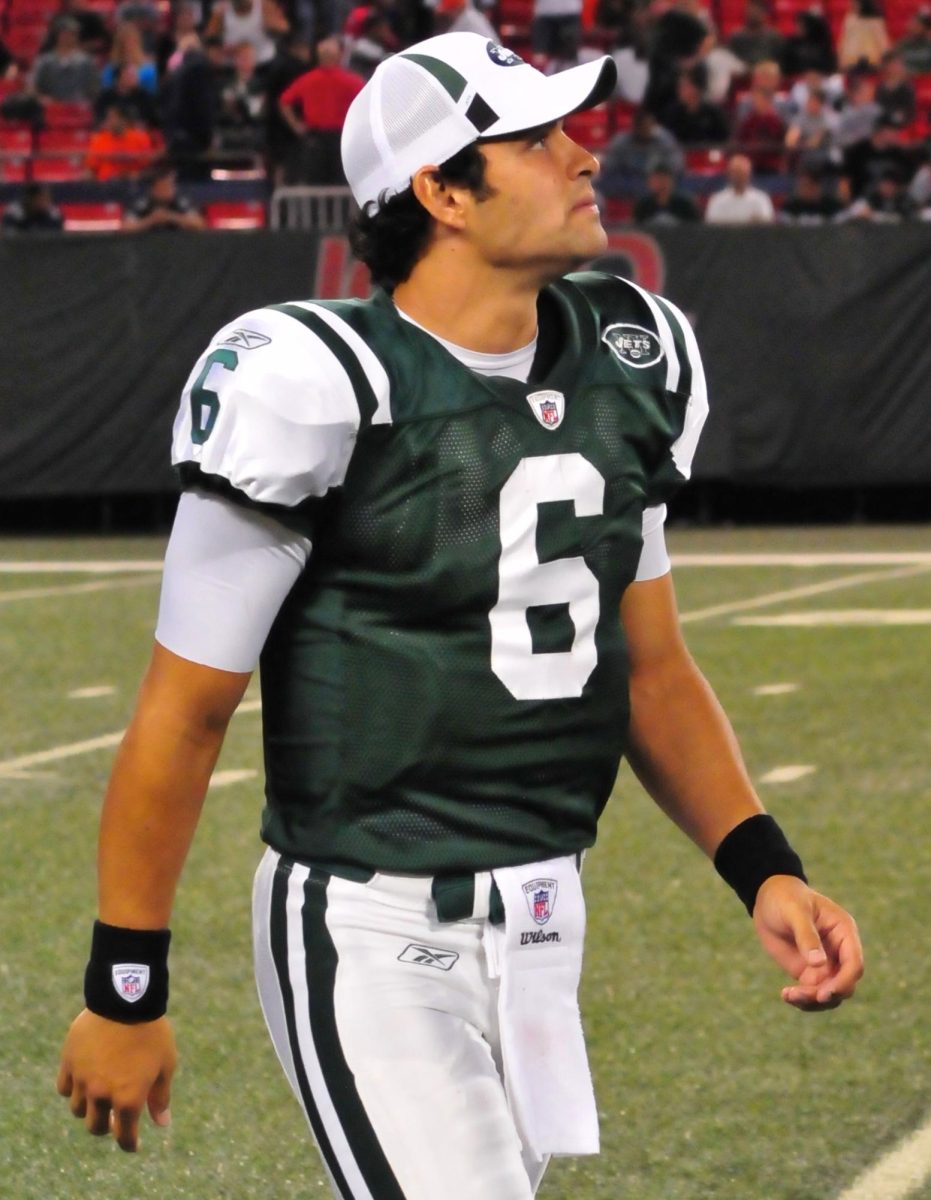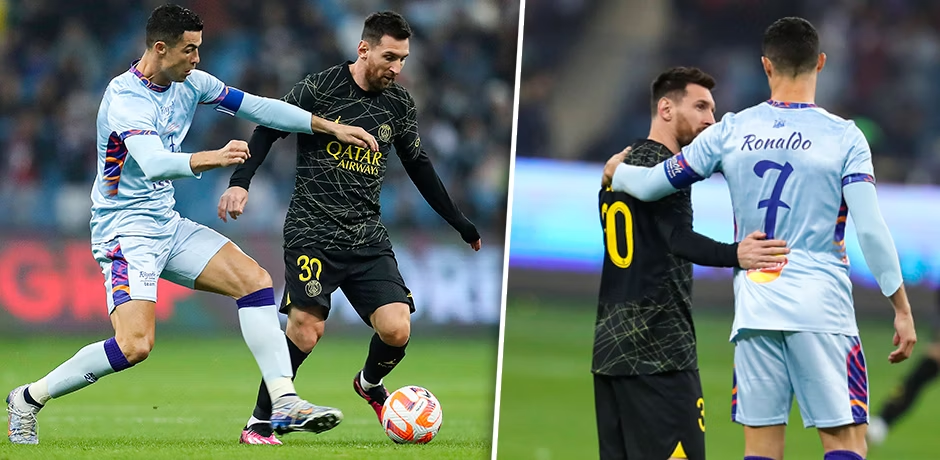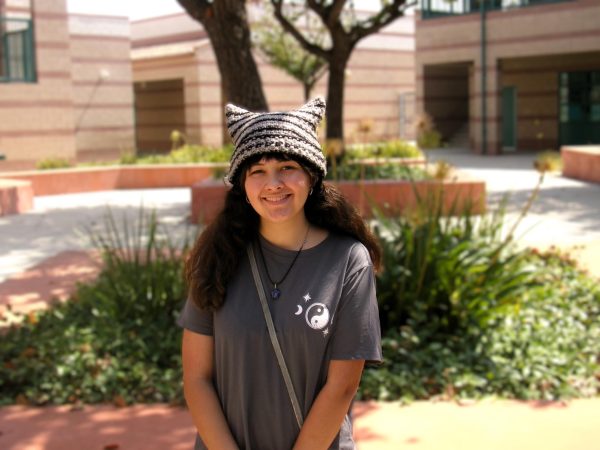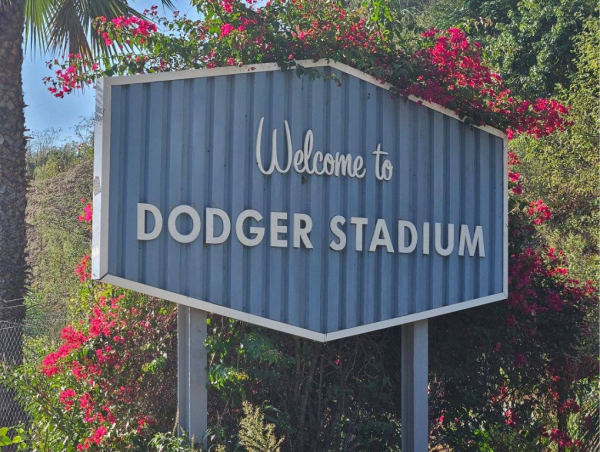
Have you ever been watching a baseball game and noticed catchy little jingles playing as players get into position? These tunes are usually provided by a live stadium organist, but in modern times tend to be recordings. An SF Gate interview with Steve Hogan states that there are only nine MLB teams that still employ organists to play during games. The widely known stadium organ has a long history from their debut to their resurgence. Let’s review the history of stadium organists.
According to an article by Lauren Magarino, an anchor for Scripps News, on April 26, 1941, a man named Ray Nelson was entertaining fans that showed up to a Chicago Cubs game early by playing a pipe organ located behind the grandstands. Unfortunately, due to the technology at the time, the music was not to be played over the speakers. This was because the music would get picked up by radio stations. After doing some work with ASCAP and BMI, they gained permission to play the music on air, leading to organs being installed in baseball stadiums across the country.
As time went on, organists started to retire and were not given replacements, as well as new stadiums not installing the beloved instrument. However, organs have seemed to have made a comeback in the past few years; stadiums have started hiring live musicians again. After all, as organist Bobby Cressey said during an interview for Wbur alongside Josh Kantor said,“Hey, you know something that’s missing here that we could try this year? Like, let’s actually try having an organ here.”
The newer organist also seem to be very lively. You’ve likely seen a video or two relating to baseball organists playing popular songs or jokingly making music references for the crowd. Even Tabitha Barattini, who does music for the Miami Marlins said in an interview for SunSentinel, “I love to play what the fans want.”
Overall, organs are not only iconic to the baseball industry but also the music industry. Live organ music is a well known factor in baseball and plays a great roll in the sport’s charm, and frankly would not be the same without it.

